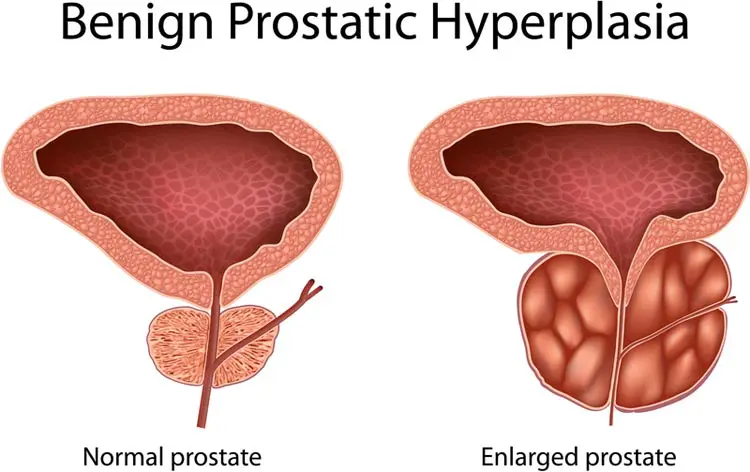How Men Can Lower Their Risk Of Prostate Enlargement With Age

As men age, certain health issues quietly become more common, and one of the most talked-about – yet often misunderstood – is prostate enlargement, also known as benign prostatic hyperplasia (BPH).....CONTINUE READING THE FULL STORY HERE
It’s not cancer, but it can still disrupt a man’s quality of life. Waking up multiple times to pee, feeling like the bladder isn’t fully empty, or struggling to start urination these are all signs the prostate may be growing bigger and pressing on the urethra.
The good news? Men are not powerless against it. There are simple, everyday choices that can help reduce the risk or at least slow down the progression of prostate enlargement.
First, maintain a healthy weight. Studies have shown that obesity and belly fat are linked to a higher risk of BPH. Regular exercise, even something as simple as walking 30 minutes a day, helps improve blood circulation, balance hormones, and reduce inflammation around the prostate.
Watch your diet. Cut back on red meat, processed foods, and high-fat dairy. Instead, eat more fruits, vegetables, whole grains, and foods rich in zinc like pumpkin seeds and shellfish. Lycopene, a nutrient found in tomatoes, has also been linked to better prostate health.
Men should also limit alcohol and caffeine, especially in the evening, to ease bladder pressure. Drinking plenty of water is essential, but try not to overdo it at night.
Another key step? Don’t hold in urine for too long, and make it a habit to completely empty your bladder when you go. Regular urination can help prevent pressure build-up that irritates the prostate.
And perhaps most importantly, don’t skip check-ups. Many men avoid talking about their health, but routine prostate exams, especially after age 40 or 50, can detect early changes and allow for timely treatment if needed.
Prostate health doesn’t have to be a taboo topic. It’s about taking control of your future not just living longer, but living better, with strength, dignity, and peace of mind.
